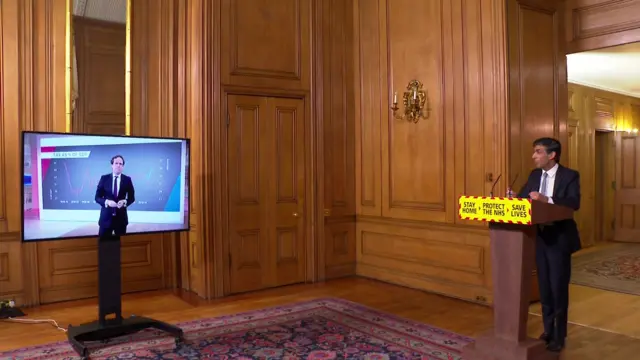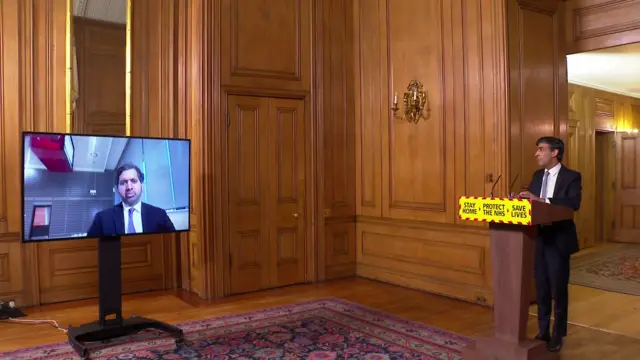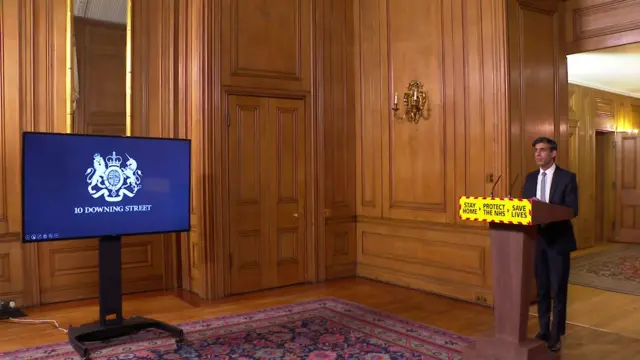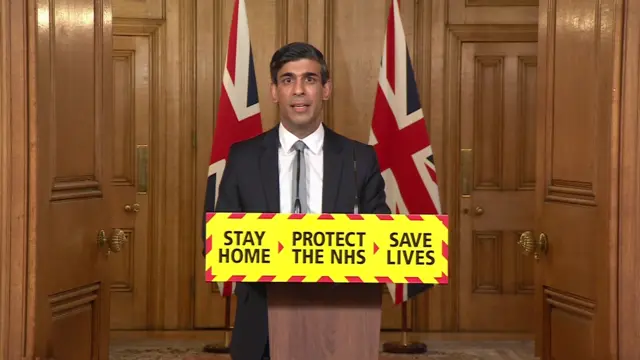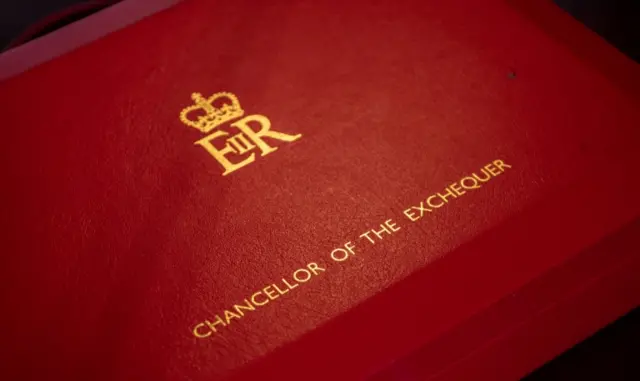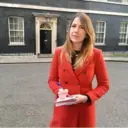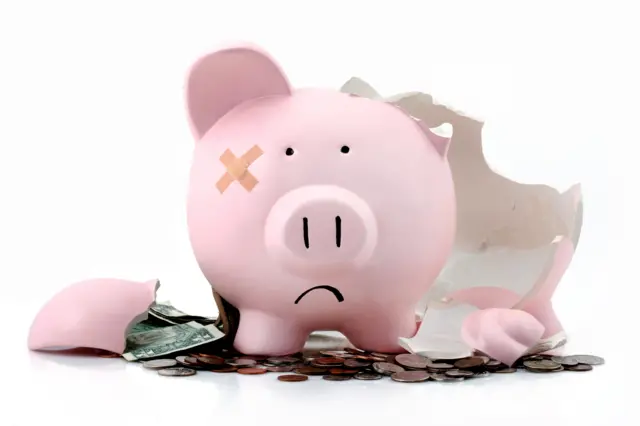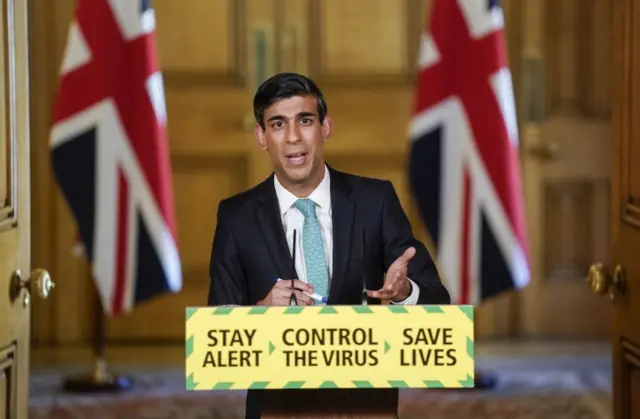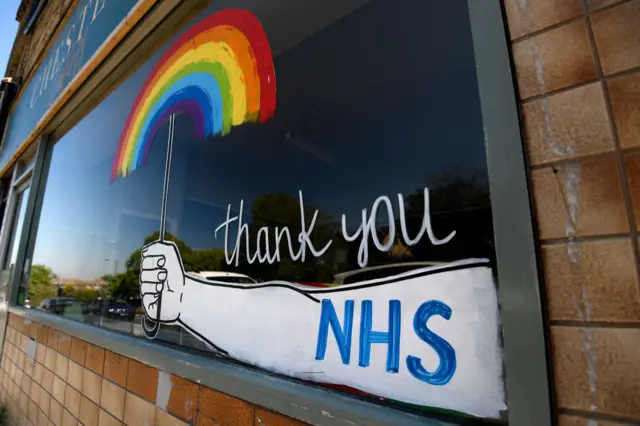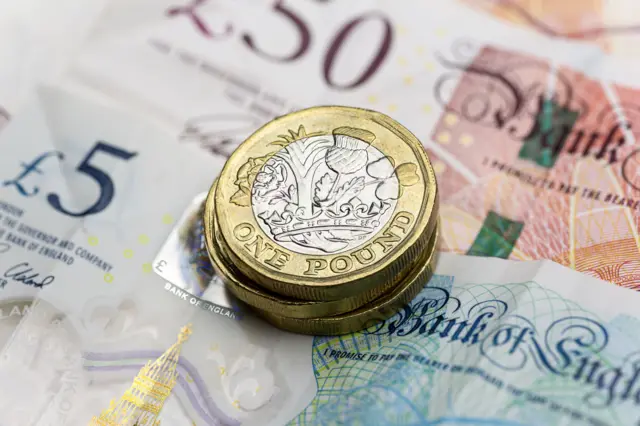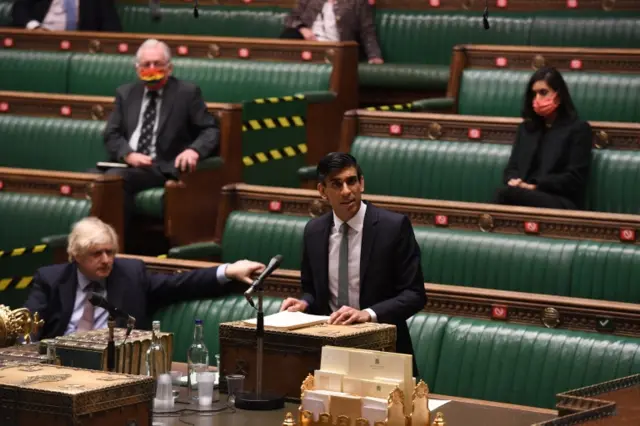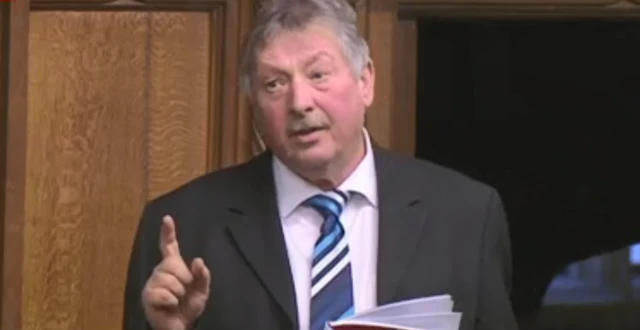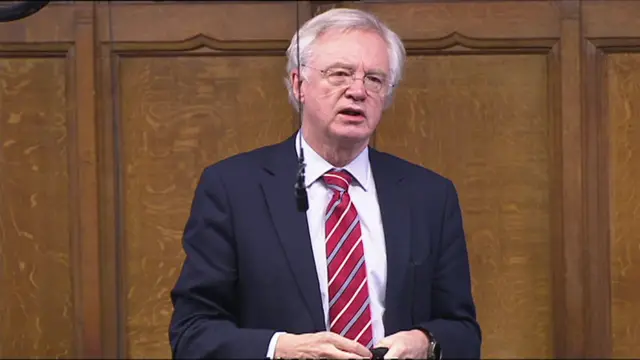Why is the £20 universal credit uplift not permanent?published at 17:27 GMT 3 March 2021
Kathryn Sampson from STV News asks why the chancellor did not make the £20 universal credit increase permanent and whether Scotland should be able to have an independence referendum.
"I don't think anyone wants us to be focused on constitutional questions at the moment," Sunak replies.
On universal credit, he says it only forms one part of the support available and that the government is providing other types of help.
However, he adds the best way to help people is to make sure they have decent jobs and cites the Kickstart scheme aimed at improving recruitment.
